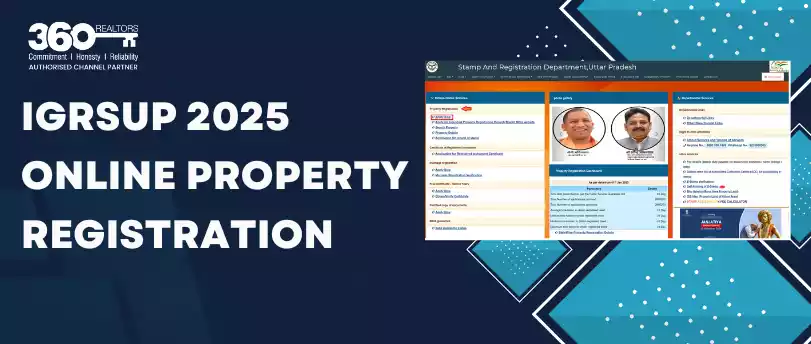The flight to digital has existed in India for a while. The government outlined the Digital India Initiative in 2015 to enhance digital infrastructure, support online services and commerce, and empower the country in the field of technology. Following the government announcement, leaders from various industries discussed revisiting their business strategy and racking up investments in digitization.
Yet, it will be an overstatement to conclude that there was an overnight jump towards digitization. The changes were piecemeal rather than any tectonic shift. However, what probably was not achieved through detailed boardroom discussion was done by the novel coronavirus.
The previous year when the COVID crisis blew in, it did not only mark the beginning of a menacing medical challenge but also changed the way businesses are conducted in India. When the lockdowns were forced, commercial activities virtually came to a pause and businesses were forced to think digitally.
The Evolving Dynamics in India’s Digital Consumerism
India’s digital consumerism is on the brink of a massive change. The pandemic is forcing millions of new users to join the internet bandwagon each month. Availability of high-speed internet (4G), smartphone penetration, and growing online commerce in the hinterlands of the country are furthering the speed of digitization. From grocery to fashion accessories to medicines, Indian households are now increasingly using the virtual medium to order online.
Not just retail but the major service-based industries such as healthcare, education, and banking are also becoming online. Telemedicine is set to increase multifold in the country and online education is becoming the preferred mode of learning for millions of children. As most cinema halls and outdoor entertainment activities are curtailed, the popularity of OTT platforms, online gaming, vlogging channels etc. is skyrocketing by leaps & bounds.
Indian Real Estate Gaining Ground on the Online Platform
The USD 300 billion Indian real estate market is not staying behind. Though thinking of a “100% Online Model” is difficult in real estate transactions, the traditional Offline to Online (O2O) model is now getting heavily skewed towards the latter. From property searches to discovery & transactions, the home buying process is mostly done online. The physical site visits primarily come during the final stages of the transaction.
Real estate marketing is now shifting gears with online eclipsing offline. After lockdown, the average spend on digital has reached 37-44% of the total budget, from 10-15% before. This gap will without a doubt further rise in the times to come.
Increasingly, Digital walkthroughs such as Augmented Reality and Virtual Reality are used to help discerning home buyers view properties digitally from the comfort of their homes. Numerous add-on features are coming wherein one can virtually try different furniture, paint schemes, accessories, etc. to get a better picture of how their prospective home would look. This is a catalyst which is helping in better decision-making.
Industry Players like 360 Realtors are Upping their Online Game
Like other major real estate organizations, we have been committed to technology & innovation through a dedicated technology team. However, the real push took place during the pandemic last year when to continue business there was no other option but an overnight flight to technology. The initial shift was not easy, especially when you work in a sector such as real estate, which is known to have a demure approach to technology.
When the lockdown first began, we actively started switching to online tools such as webinars, teleconferencing, remote working software, etc. Since then, we have been racking up our investments and efforts in advanced technology, digital marketing, and CRM tools alongside developing numerous consumer-facing platforms.
In June last year, we conducted the 1st edition of our Virtual Propshow in Pune which garnered a great degree of enthusiasm and the industry hailed it as an evolutionary step. This was followed by the second event this year, which was conducted on a much larger scale, showcasing 100+ properties from around ~ 20 developers. We are also partnering with a media house to create a dedicated property listing platform. As an organization, we are not just committed to working as a full-stack technology advisory but also aim to create parallel platforms to improve user experience, increase value, and encourage better shareholder participation.
Going Beyond the Digital Frontier
Going forward in Indian real estate, technology will continue to expand its footprint. Industry players will look beyond virtual tours, digital marketing, and fundamental digital analytics. The investments in technology won’t be accessed with a viewpoint of continuity in the face of crisis but with long-term value, sustainability, and agility.
In the past few years, the demand for data-backed home-buying decision-making is gathering momentum leading to an increased use of analytics. As a natural progression, we will observe growth in popularity of Big Data, Machine Learning, and AI in the near future. Real-time and historical datasets will be examined to give accurate insights on home value trends, market trends, and business intelligence. Likewise, more advanced algorithms will be developed which won’t be limited to just simple choices such as size, price brackets, location, etc. Realtors, advisories, and property search platforms will try to integrate other finer and essential parameters such as personality traits and preferences of individual users to give more accurate suggestions of properties.
The popularity of smart devices and IoT will further rise, backed by a growing propensity for smarter living. Smart devices will help in reducing power consumption, better maintenance of home equipment, threat management, etc. Smart devices and IoT can wield unparallel transparency and efficiency. Examining the historical data can help in predictive maintenance and can save a lot of time and effort. Going through the historical sheets of devices can help potential buyers & tenants know a lot about the condition of maintenance in the house without an actual inspection.






